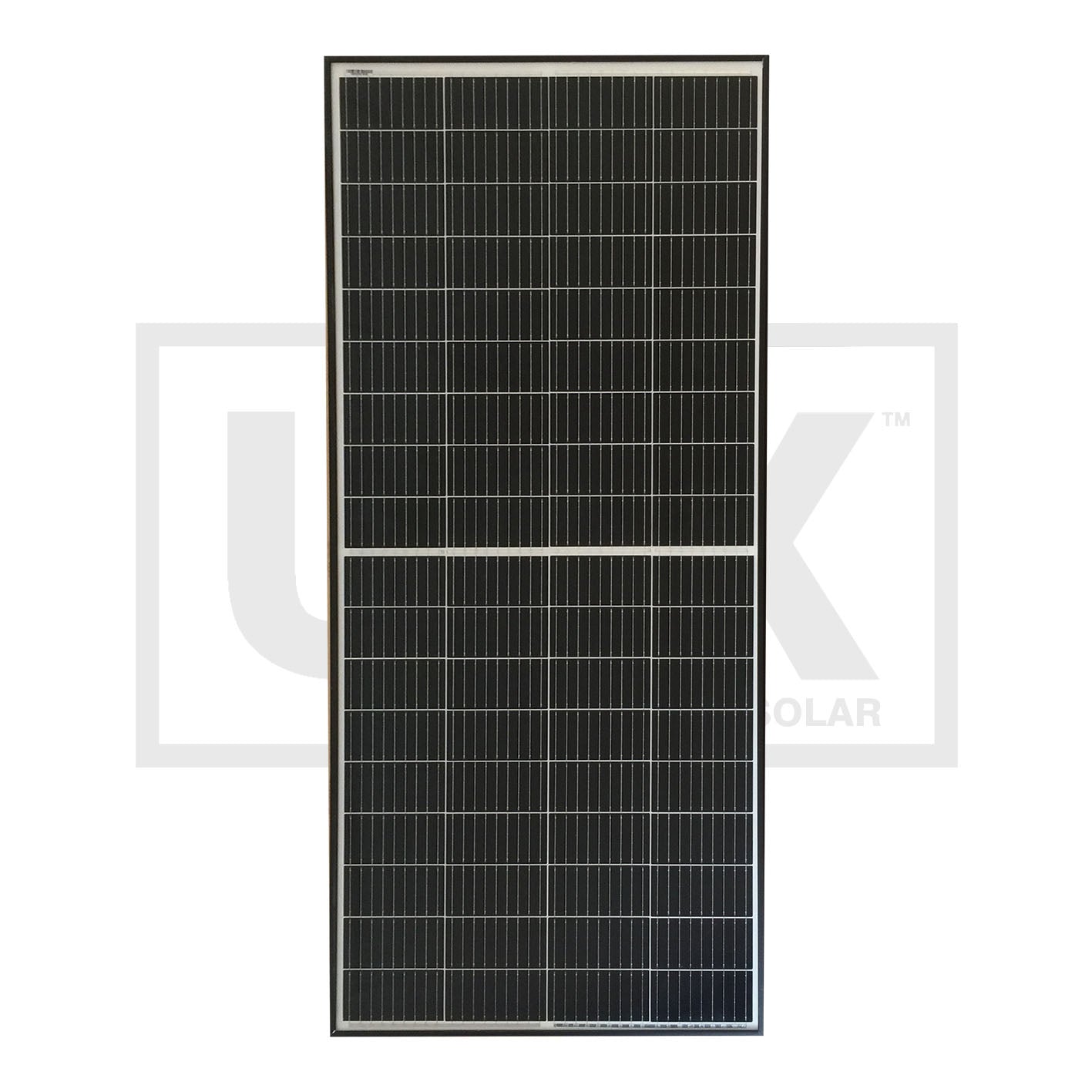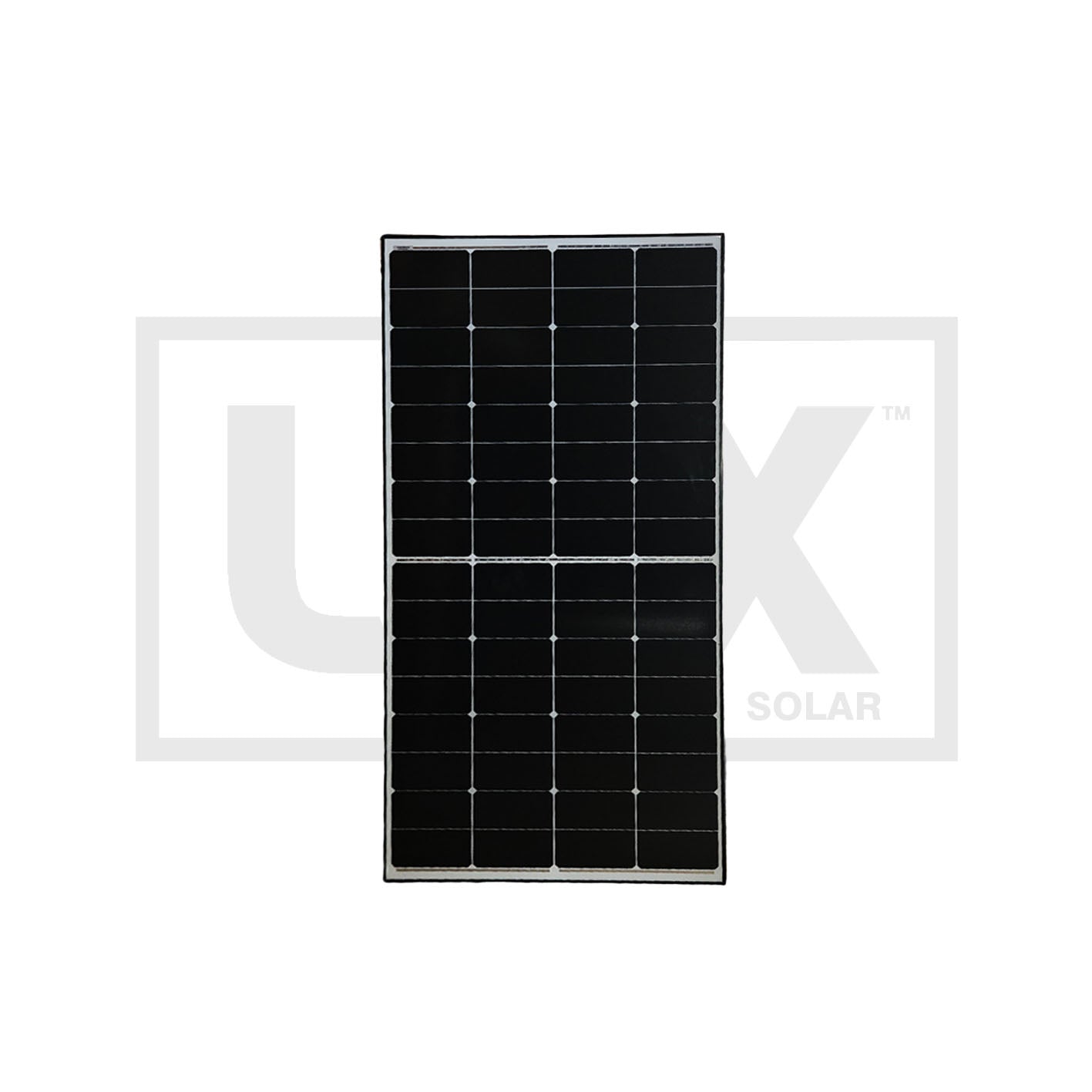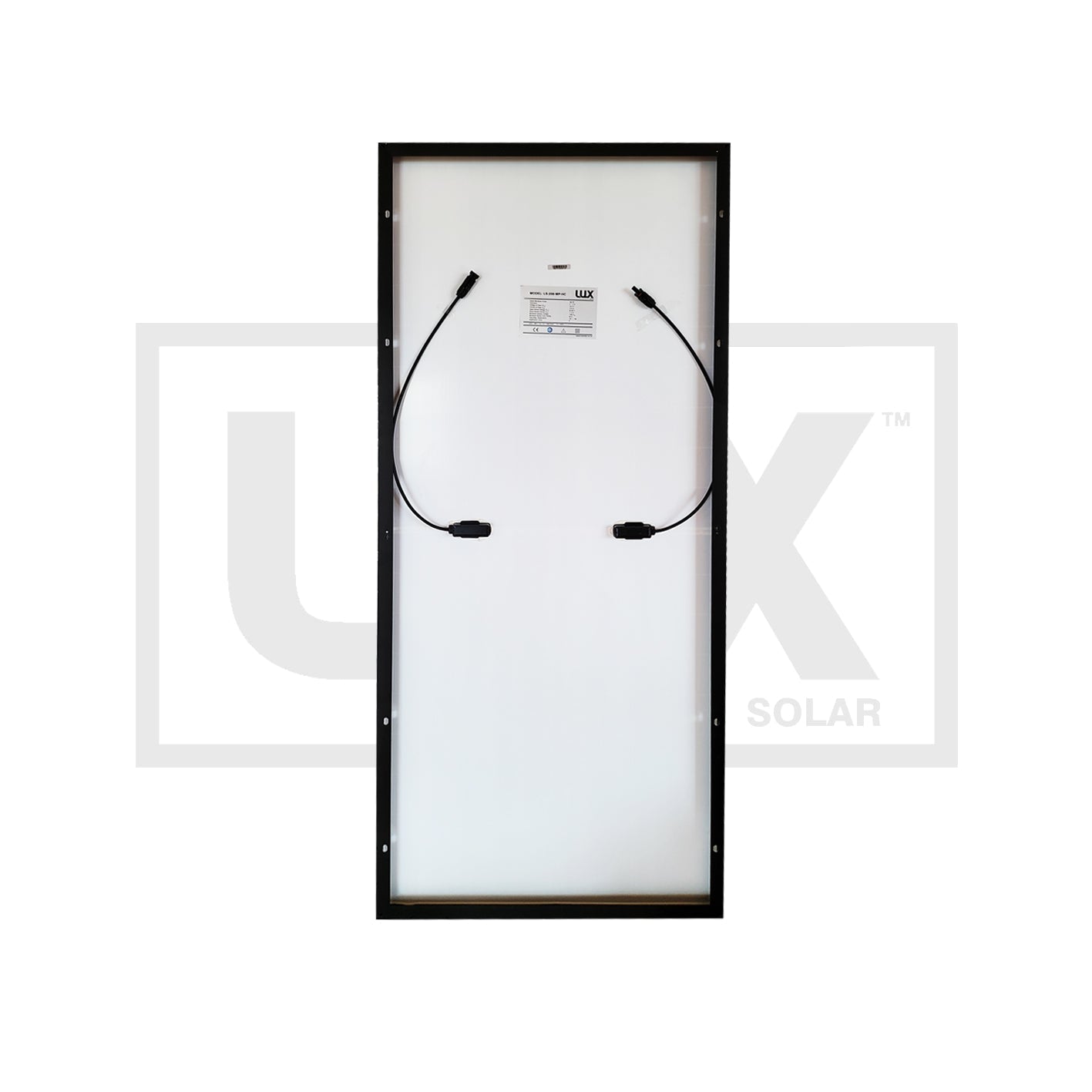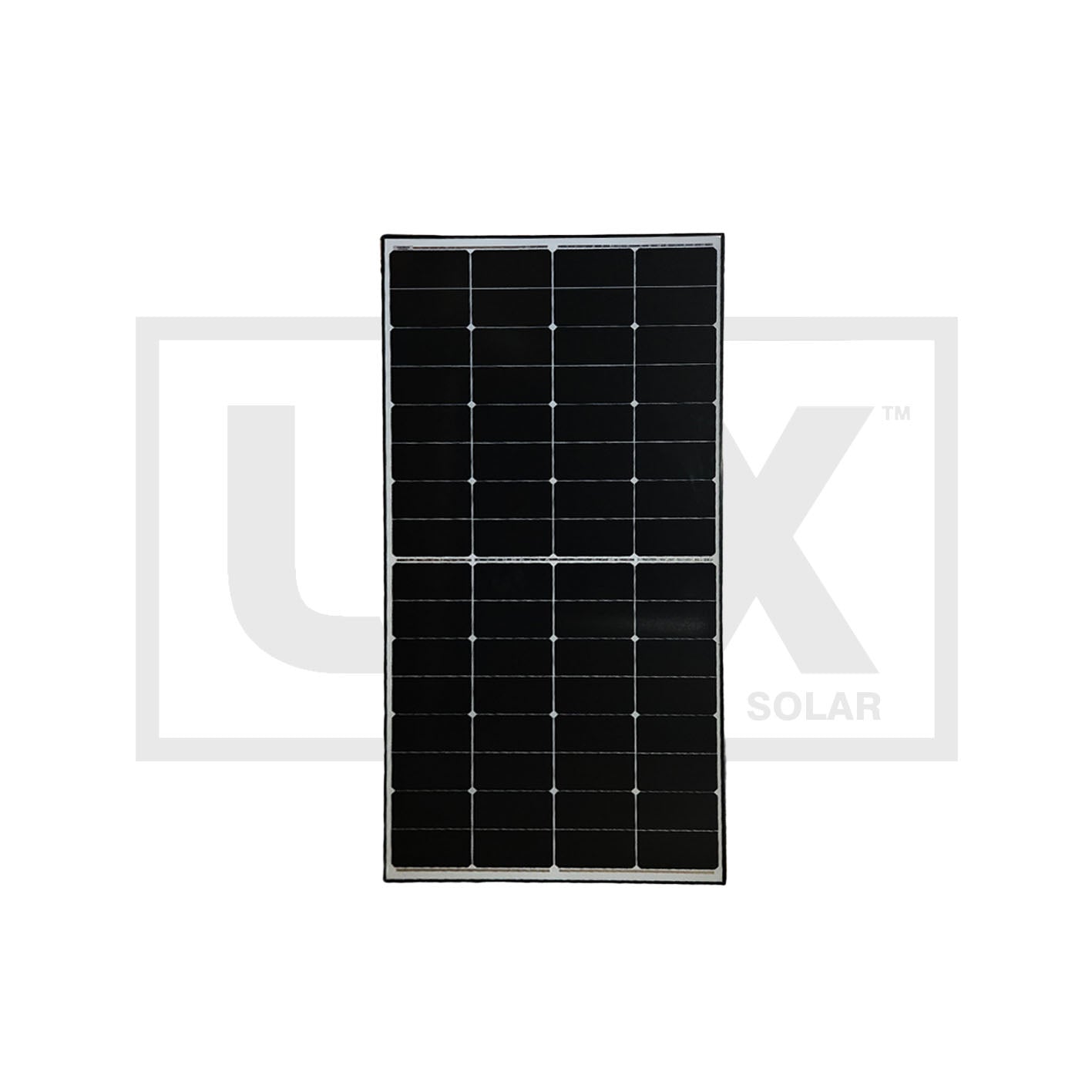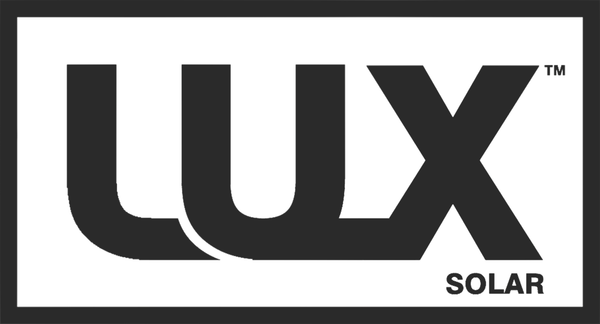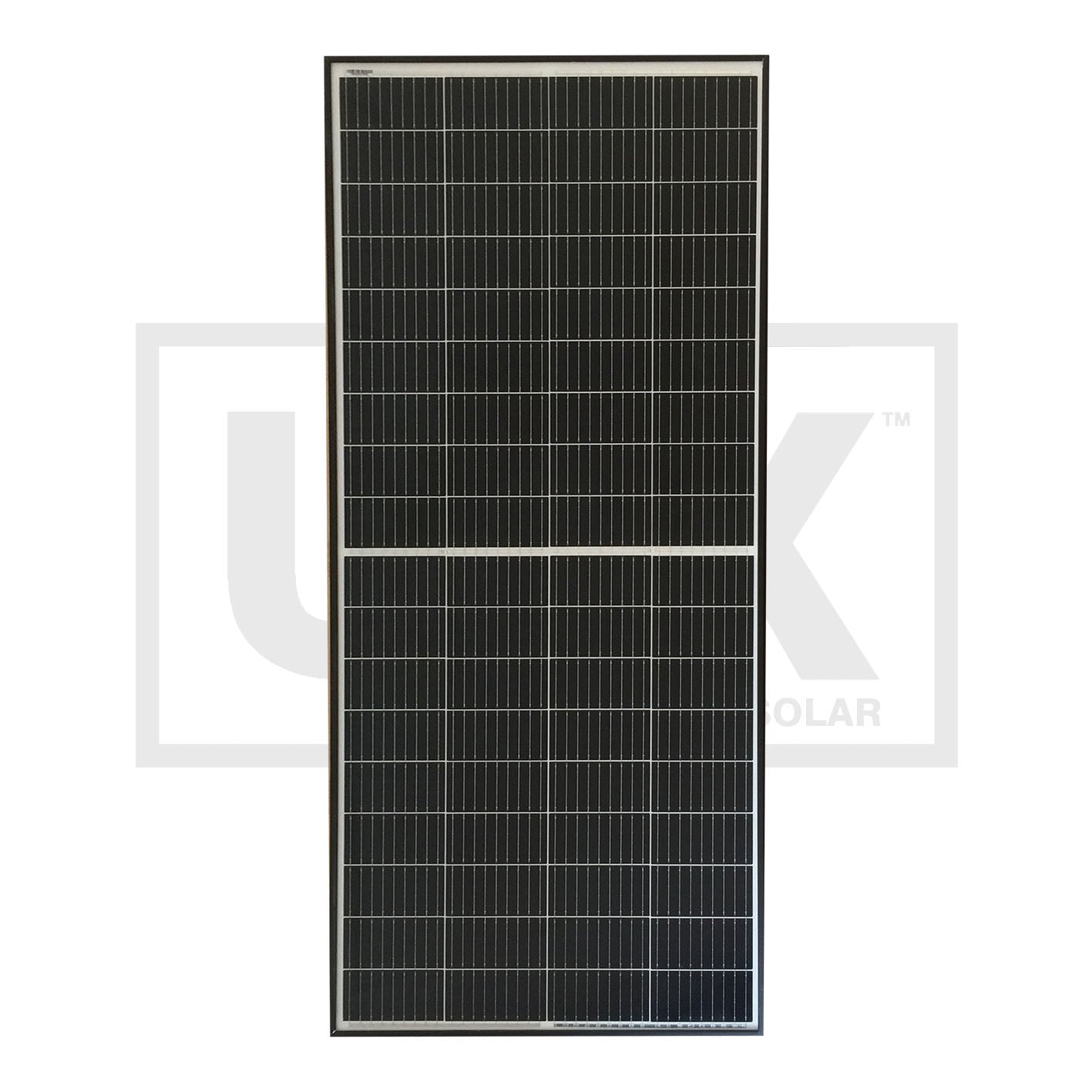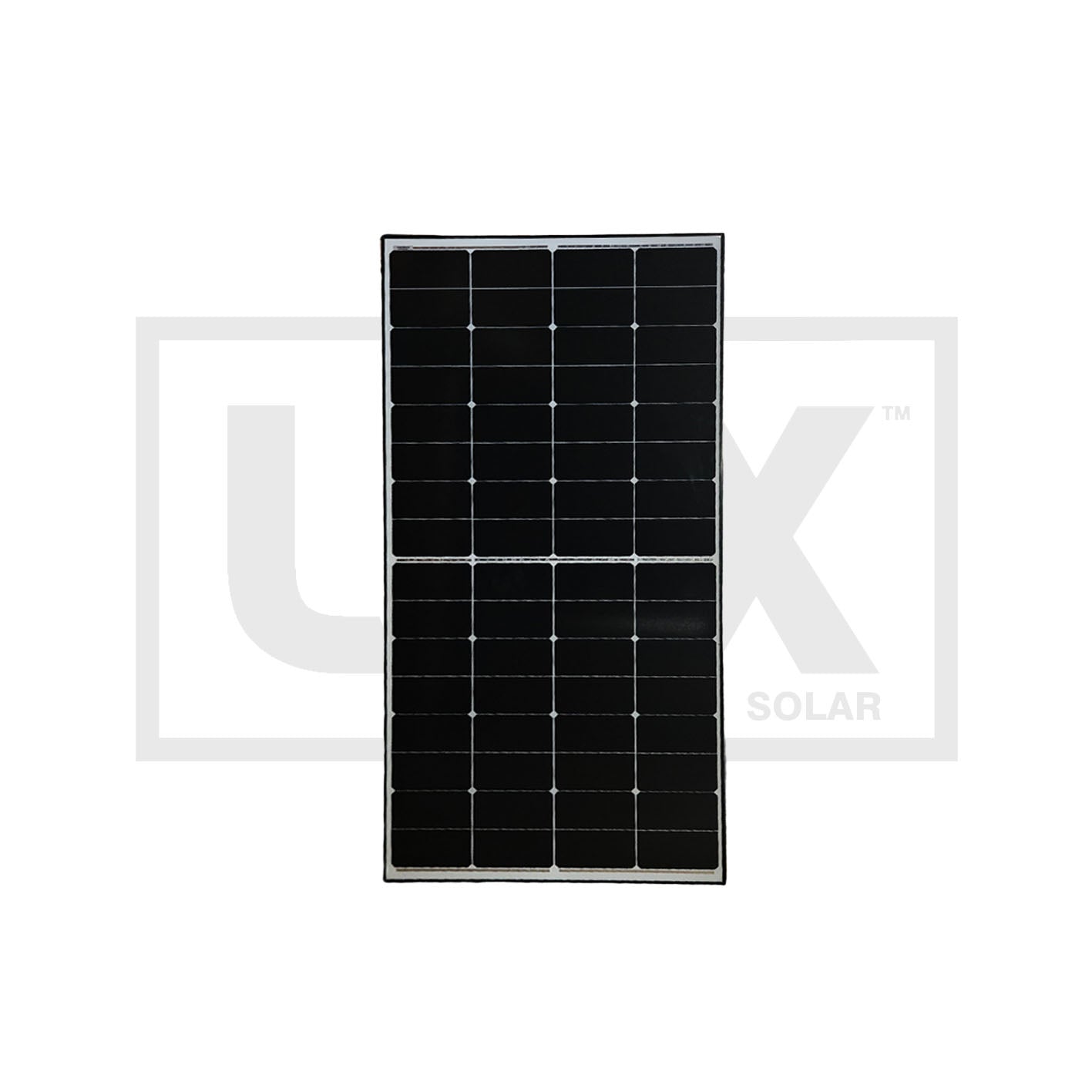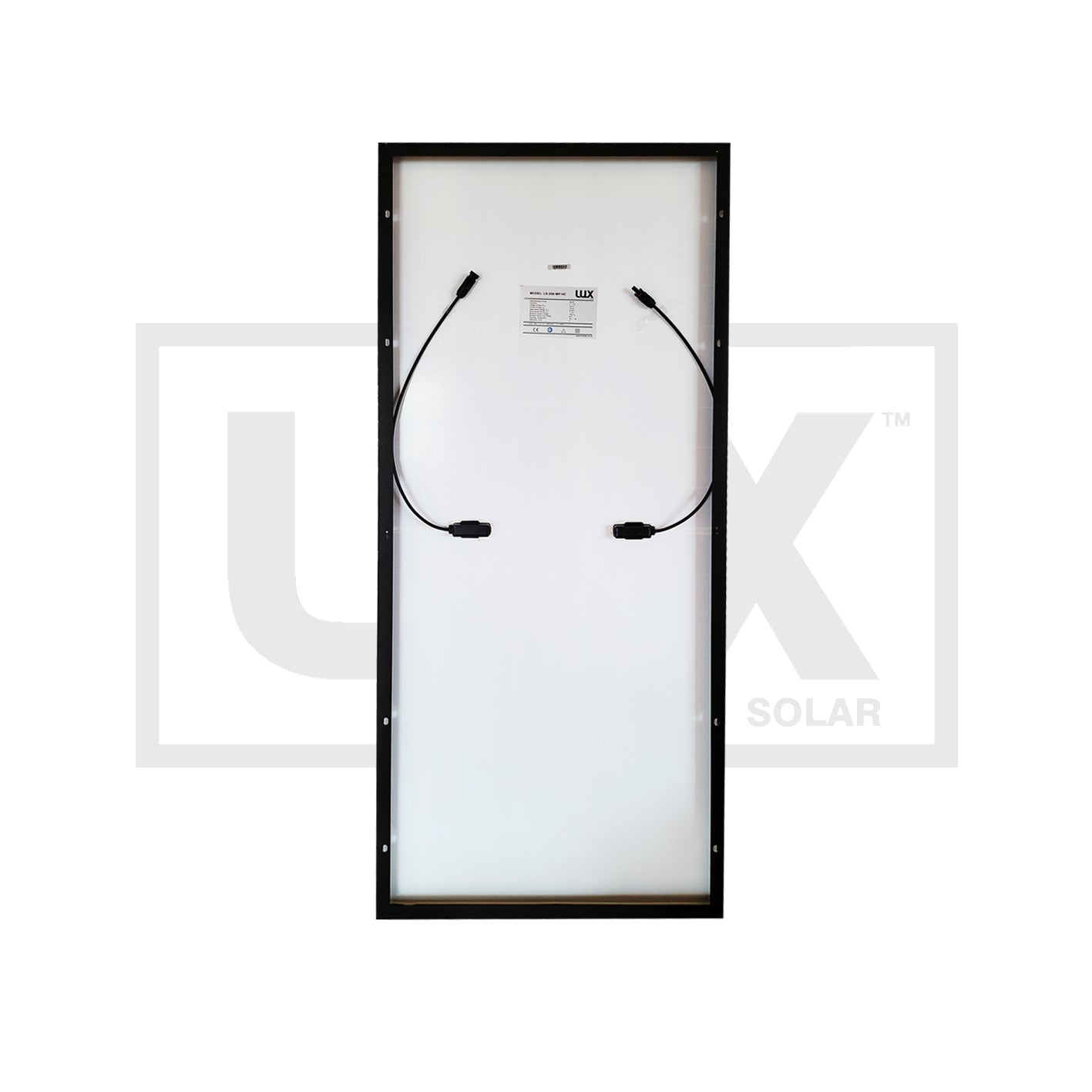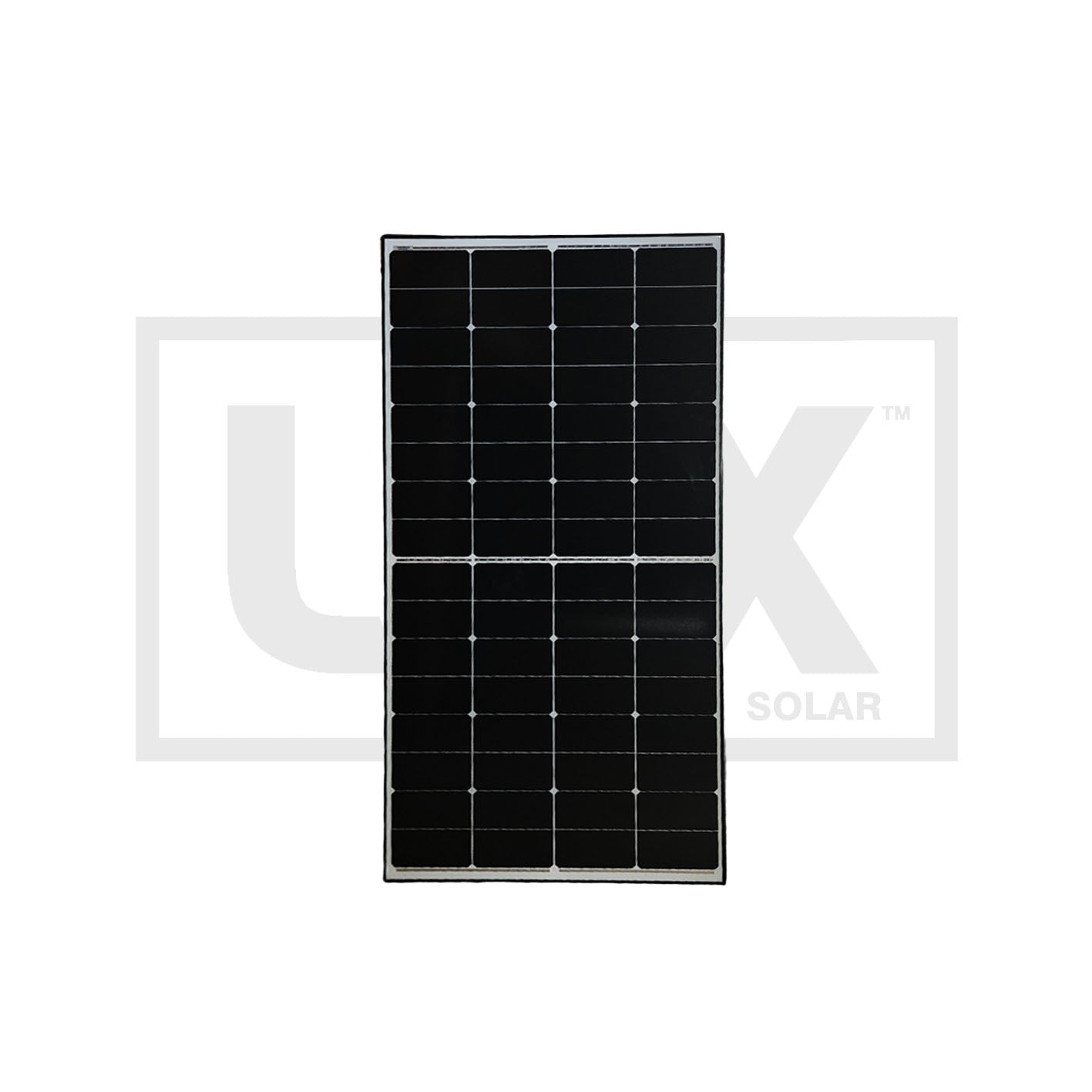250 Watt Mono Solar Panels (HPBC and PERC)
250 Watt Mono Solar Panels (HPBC and PERC)
SKU:LS-250-MP
Couldn't load pickup availability
Shipping $ & Timeframe
Shipping $ & Timeframe
Shipping from $0 (Auckland central) to $29.99 (rural South Island).
Orders are shipped Mondays to Fridays and take 1-3 working days to arrive. Orders received before 11am will ship same day.
Warranty & Returns
Warranty & Returns
For Tiny homes, batches and houses: 10 years for product defects in materials and workmanship. 25 years for 80% of warranted minimum power. and 5 Year Marine & vehicle warranty.
We have a 7 day change of mind return policy, subject to a restocking fee.
250W monocrystalline solar panel, perfect for caravans, motorhomes, boats and off-grid solar applications. Sleek design, featuring a black frame and state of the art solar technology, including monocrystalline half-cells.
LUX Solar offers 10BB PERC Cells as well as the latest HPBC Panels.
Manufactured according to International Quality standard (ISO9001). Includes 90cm cable ending in MC4 Connector Plugs.
| Model | 10 BB | HPBC |
|---|---|---|
| Max-Power (Pm) | 250W | 250W |
| Dimensions |
1740mm x 770mm x 35mm | 1570mm x 770mm x 35mm |
| Max-Power Voltage (Vm) | 20.3V | 18.25V |
| Max-Power Current (Im) | 12.31A | 13.69A |
| Short-Circuit Current (Isc) | 13.73A | 15.22A |
| Open-Circuit Voltage (Voc) |
23.8V |
21.46V |
| Max-System Voltage | 1000V (IEC) VDC | 1000V |
Certifications and standards: include IEC61215, IEC61730 and Class C fire rating conformity to CE. Includes a waterproof IP67 Junction box and the strong aluminium frame can bear snow loads up to 5400Pa and wind loads of up to 2400Pa.
Monocrystalline
Monocrystalline
At LUX Solar we only source monocrystalline panels as they offer the highest efficiency. Monocrystalline panels are manufactured from a single rod of silicon thus the crystal structure inside the silicon is uniform, with very few impurities. Polycrystalline panels on the other hand are made up of smaller crystal structures that introduce grain boundaries in each solar cell. This causes inefficiencies in the conduction of electrons due to defects associated with the crystal boundary.
PERC
PERC
Passivated Emitter and Rear Cell (PERC) technology is a solar technology that improves light capture near the rear surface of solar panels and optimizes electron capture. Although it was first invented in the 1980s by the University of New South Wales, Australia, it has only recently been successfully commercialized at scale.
BB (Busbar)
BB (Busbar)
Busbars conduct the power generated by solar cells when they are hit by photons. 5BB means there are five busbars in each solar cell. 10BB mean there are 10 busbars in each solar cell. Back in the day, solar panels used to have only 2 busbars, but as technology evolves, the solar industry has been increasing the number of busbars in solar panels, to reduce internal resistance losses and increase cell efficiency.
Half Cut
Half Cut
Half-Cut also known as half-cell technology, means silicon solar cells that have been cut in half using a laser cutter. This helps reduce power loss from resistance, lowers the operating temperature of the panels, reduces hot spot temperature by 10~20°C, and improves the panels' overall performance in partial shade.
HPBC
HPBC
HPBC (Hybrid Passivated Back Contact) solar cells, are the latest solar technology that introduces unobstructed front shading by metal contacts. This pioneering approach optimizes photon collection, resulting in enhanced conversion efficiency. The HPBC cell sets a new industry standard, significantly enhancing light absorption and photovoltaic conversion capability, resulting in substantially improved module power output.
The result is panels capable of generating more energy under higher temperatures and lower light. Some studies have shown that that HPBC cells can produce output up to 10% higher under the same conditions as PERC products.
